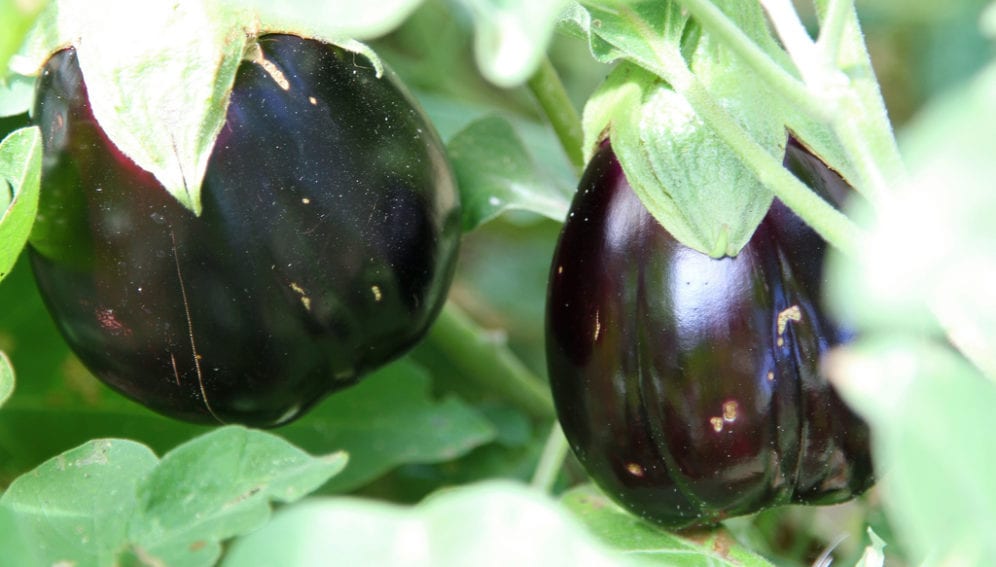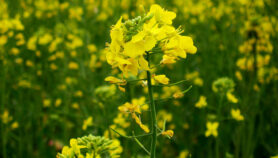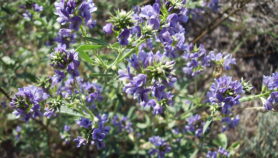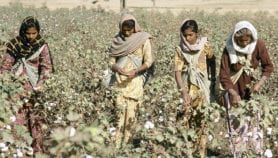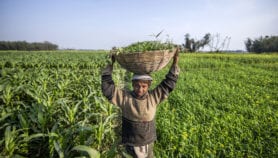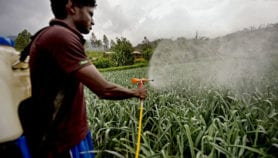Send to a friend
The details you provide on this page will not be used to send unsolicited email, and will not be sold to a 3rd party. See privacy policy.
[MANILA] Proponents of the controversial Bacillus thuringiensis (Bt) eggplant in the Philippines are asking the government to issue new regulations governing food crops produced through genetic engineering.
The Philippine Supreme Court issued last December a ban on field trials for Bt eggplant, the genetically modified (GM) version of one of the country’s most common vegetables.
“The basis of the Philippine Supreme Court’s ban on field trials on transgenic eggplants is the result of a very effective misinformation campaign by various NGOs.”
By Saturnina Halos, Philippines Department of Agriculture
At the SciDev.Net-sponsored media forum last 10 February in Manila about the Supreme Court decision, Filemon Nolasco, a lawyer from the University of the Philippines Los Baños (UPLB) Foundation Inc. noted that the decision is a temporary, not a final, ban and pressed the issuance of a new regulation.
Nolasco said the decision to stop field trials for Bt eggplant, which was developed mainly by UPLB researchers, was made previously by the Court of Appeals in May 2013 and affirmed by the Supreme Court in its December 2015 decision, which stated that “any application for the contained use, testing, propagation, commercialisation and importation of genetically modified organisms is temporarily enjoined until a new administrative order is promulgated in accordance with law”.
He said the Supreme Court declared invalid the Department of Agriculture’s Administrative Order 8 relating to the rules and regulations for the importation and release into the environment of plants and plant products derived from the use of modern biotechnology.
“[Much] of the basis of the Philippine Supreme Court’s ban on field trials on transgenic eggplants is the result of a very effective misinformation campaign by various NGOs,” said Saturnina Halos, chair of the biotech advisory team of the Department of Agriculture.
Halos argued that the fears of biotechnology opponents are “unsubstantiated” and that the basis of the Supreme Court ban is “not science”. She added it is a misconception that the larger population is scared of transgenic foods.
Halos vouched for the safety of transgenic crops and said “extensive testing” has proven the advantages of Bt eggplant. “GM eggplant was already approved in Bangladesh without any negative human health or environmental consequences, so why not in the Philippines?”
According to Halos, there are about half a million GM crop farmers in the Philippines and that planting transgenic eggplant will decrease production costs and improve crop quality, resulting in bigger harvests and higher incomes for farmers.
Additionally, due to the high herbicide tolerance of GM eggplants, less labour is needed to apply pesticides during planting.
She contends that planting GM crops also provides a better health environment for both farmers and consumers, who will then eat a crop exposed to less toxic chemicals.
But green groups and NGOs such as Greenpeace believe that genetically modified crops are not safe for human or animal consumption.
Should the ban not be lifted, Halos believes farmers and scientists will be discouraged, negatively affecting the future of biotechnology in the country due to lost research grant opportunities and less opportunities for progress and growth in the agriculture sector and the economy.
Ultimately the Philippines will lose out as seed companies who were initially planning to put up seed plants in the country for exports are now eyeing Vietnam instead, Halos said.
This piece was produced by SciDev.Net’s South-East Asia & Pacific desk.


